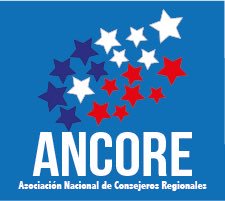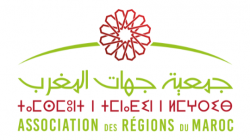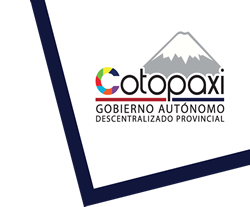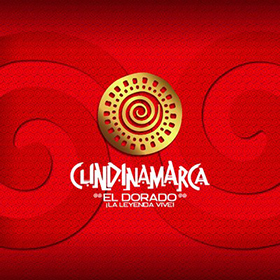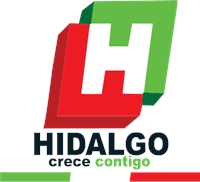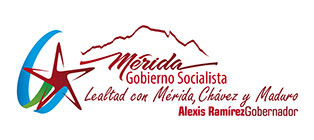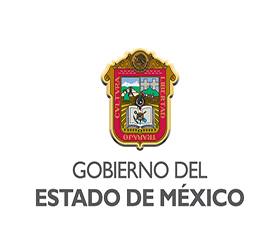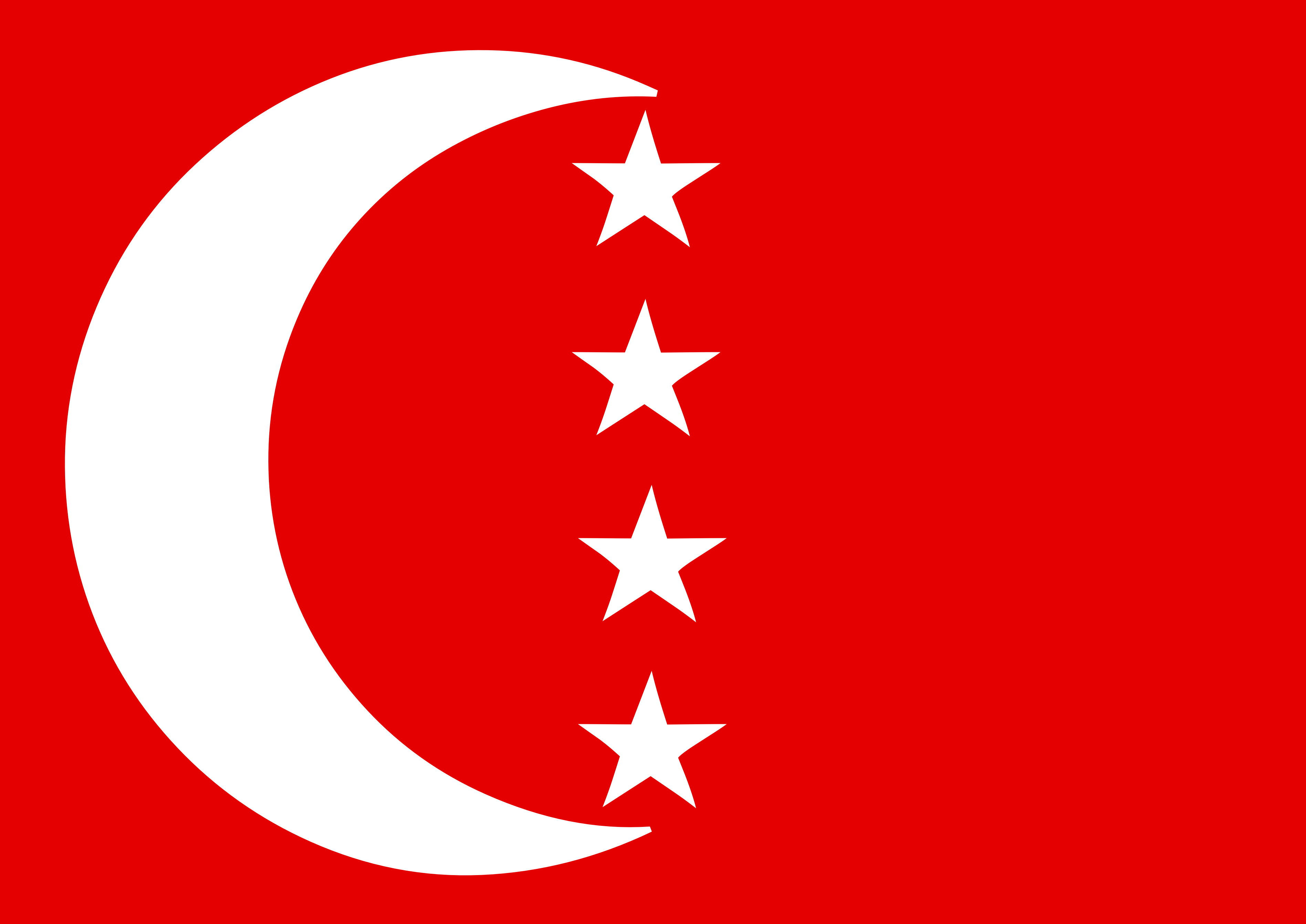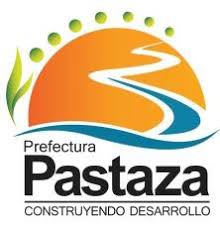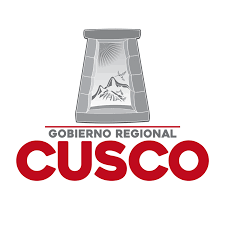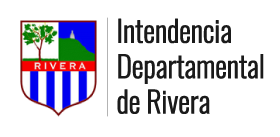My journey at ORU Fogar

Civil society worldwide is currently claiming, through different demonstrations, greater participation in the public administration, in the formulation of policies, and in the definition of a territorial intervention agenda; but, furthermore, it is claiming to be jointly responsible in the execution and follow-up of plans, programs and projects aimed at pursuing the collective and individual well-being.
However, this agenda is not new for those who have been part of a whole process of efforts to raise the voices of regions. From my participation and commitment in ORU Fogar as President of the Latin-American Organisation of Intermediate Governments and to the present day, through the year 2010 when the Provincial Government of Azuay, my province, became member of the United Regions Organisation/Fogar, we have always considered that the real objective is to rethink the approach to global governance from the perspective of our space, the region and the territory.
During my Presidency in ORU, with the continuous support and commitment of the General Secretariat, efforts were devoted to set a wide range of thematic areas to work on: effectiveness of development aid, cultural diversity and, especially, democracy and citizen participation.
ORU Fogar also entered a new phase, in response to the global call to become the only intermediary among States, regional integration organisms and the United Nations system. Despite the difficulties encountered, we succeeded in managing all global policies with a big territorial/regional impact, bringing these policies closer to the people, and contributing to a more balanced and sustainable development of our planet, with a message of real decentralisation and radical democracy for regions and intermediate governments.
In addition, we were able to expand further thanks to the accession of regional governments and networks from countries with large experience on strategic governance including all territorial levels. This is the case of the Congreso de Intendentes de Uruguay, Paraguay’s Central Department, Chile’s National Association of Regional Counsellors, as well as other regions and networks from Argentina, Mexico and my beloved country, Ecuador.
We also consolidated our presence in Africa. Special mention should be made to Senegal’s case, where regions disappeared but we managed to maintain the relationship with the currently called “departments”. And we can’t forget about those who have not only been ORU’s partners in Europe but who also have become our friends: the representatives of the Basque and the Catalan Governments, who have also been key partners in the recent accession of the Provincial Government of Barcelona.
I express special gratitude to those who have been strategic allies for the development and growth of our organisation: the United Nations Development Program (UNDP), the Organisation for Economic Co-operation and Development (OECD), the United Nations Centre for Regional Development (UNCRD), Food and Agriculture Organisation of the United Nations (FAO); and to our most recent ally, the International Labor Organisation (ILO) to support decent work with projects in all the regions that make up ORU Fogar.
We have consolidated a communication plan worthy of an organisation like ours, with a territory-based approach, to reflect all actions deriving from the increasing role of regions in the comprehensive development of their territories.
From now on, nevertheless, the challenge that we face as ORU Fogar is not only having discussion forums and strategic allies, but thinking about a concrete way of exchanging experiences and technical and political support in order to defend the proximity of intermediate governments with the people.
“To decentralise in essence is to bring the government’ decisions closer to the people; to bring governments and those who are governed closer, and to legitimise democracy as a way of government.”


